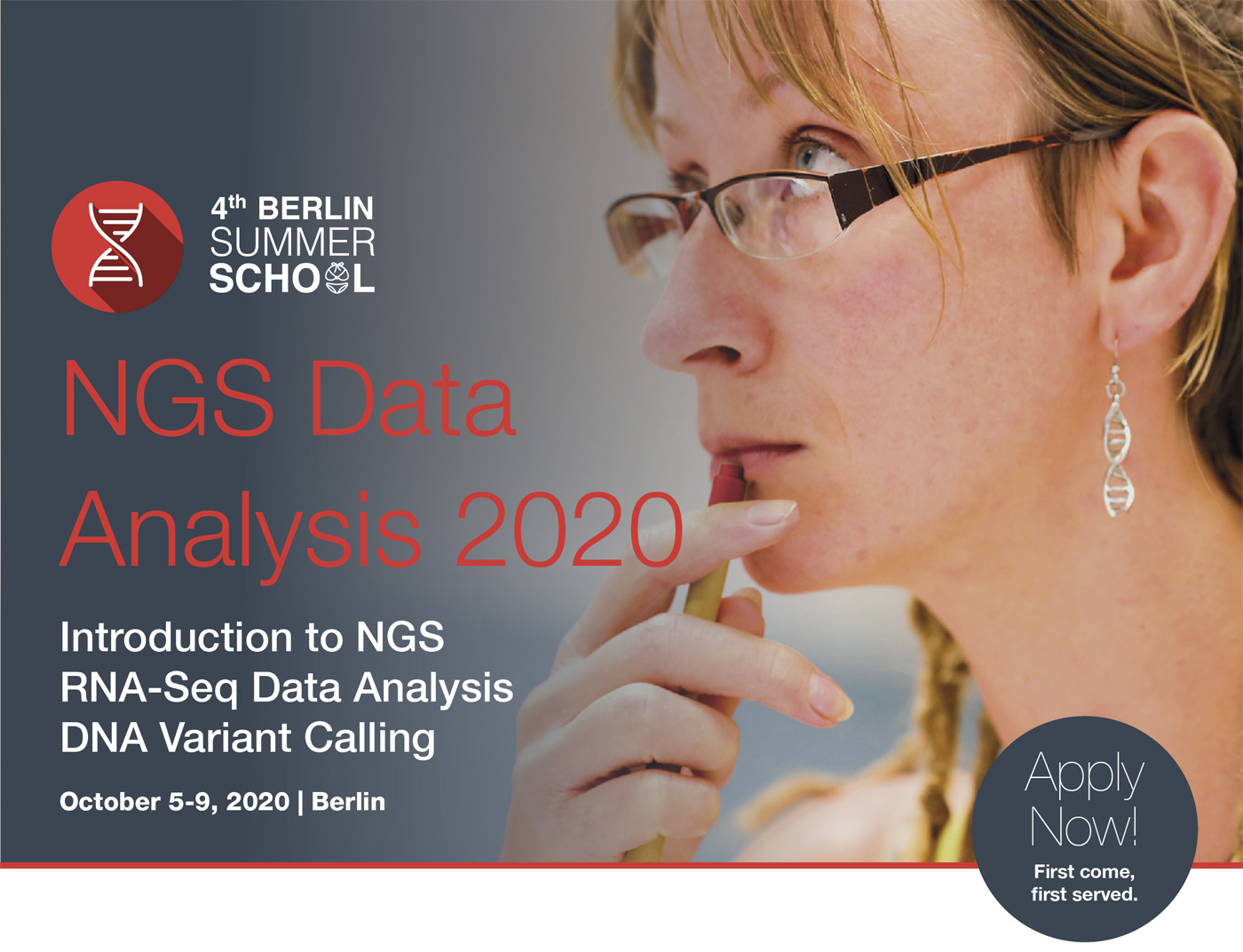

You missed this course!
Please check out our upcoming workshops:
Upcoming NGS courses
Receive updates about NGS articles and trainings
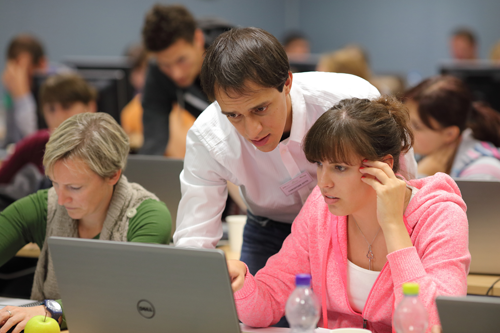
The purpose of this intense one week summer course is to get a deep understanding in Next-Generation Sequencing (NGS) with a special focus on bioinformatics issues. Advantages and disadvantages of current sequencing technologies and their implications on data analysis will be discovered. You will be trained on understanding NGS data formats and handling potential problems/errors therein. In the summer school we will use a real-life RNA-seq dataset from the current market leader illumina.
All students will be enabled to perform important first tasks of NGS data analysis themselves. The layout of the summer school has been adapted to the needs of beginners in the field of NGS bioinformatics and allows scientists with no or little background in computer science to get a first hands-on experience in this new and fast evolving research topic.
In the evenings there will be social events, like a conference dinner, or a guided city tour through Berlin. These are always great networking possibilities.
Read our detailed course program.
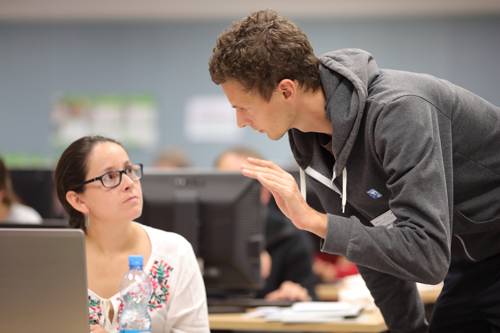
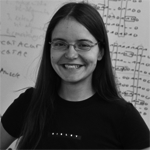
University
Prof. Dr. Manja Marz (Friedrich Schiller University Jena)
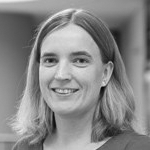
Research Facility
Dr. Kristin Reiche (Fraunhofer Institute for Cell Therapy and Immunology)

Company
Niroshan Nadarajah (MLL Münchner Leukämielabor GmbH)

Dr. Gero Doose (ecSeq Bioinformatics GmbH)
Gero found and published several circularized RNAs in various RNA-Seq experiments. He specialized on split-read analysis some years ago and has a strong expertise in downstream analyses. Publications
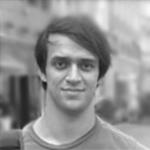
Dr. Christian Otto (ecSeq Bioinformatics GmbH)
Christian is one of the developers of the read mapping tool segemehl and is an expert on implementing efficient algorithms for NGS data analyses. Publications
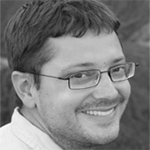
Dr. David Langenberger (ecSeq Bioinformatics GmbH)
David started working with small non-coding RNAs in 2006. Since 2009 he uses NGS technologies to investigate these short regulatory RNAs as well as other targets. He has been part of several large NGS projects, for example the International Cancer Genome Consortium (ICGC). Publications
The target audience is biologists or data analysts with no or little experience in analyzing NGS data. A fundamental understanding of molecular biology (DNA, RNA, gene expression, PCR, ...) is assumed.

Location: PC-College, Stresemannstraße 78, 10963 Berlin, Germany
Language: English
Available seats: 30 (first-come, first-served)
Registration Fee: 1,449 EUR (excluding VAT)
Travel expenses and accommodation are not covered by the registration fee.
Opening Date of Registration: November 14, 2019
Closing Date of Registration: Septembter 20, 2020
Workshop: October 5-9, 2020 (9 am - 6 pm)
"Excellent workshop! Very well taken care of!! Great fun!!! Learned a lot!!!! and met very nice people!!!! After five days of smooth scrolling over a meticulous and interactive program one gets a good grasp of the intricacies of NGS data analysis. Many thanks!" Santiago Uribe-Lewis, BXT Consultants Ltd, UK
"Thanks to the very well designed and practical summer School for NGS data Analysis in Berlin I could find my feet and build up my mind in the early phase of my PhD project. I was looking for such a course for a while and barely could find this opportunity to practice NGS data analysis for both DNA and RNA approaches, having responseful mentors beside and a proper workstation available. I am very happy that I got this chance with ecSeq people." Atie Kashef, Universitätsklinikum Bonn, Germany
"It was really great performed training, prepared by experts in the field of bioinformatics. The course gave me the opportunity to play with data from RNA and DNA sequencing by myself. Now I can wait for my own results to analyze it." Agata Daszkowska-Golec, University of Silesia in Katowice, Poland
When you register for this workshop you are agreeing with our Workshop Terms and Conditions. Please review them before you register.
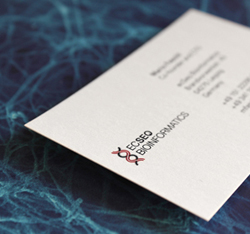
ecSeq Bioinformatics GmbH
Sternwartenstr. 29
D-04103 Leipzig
Germany
Email: events@ecSeq.com
